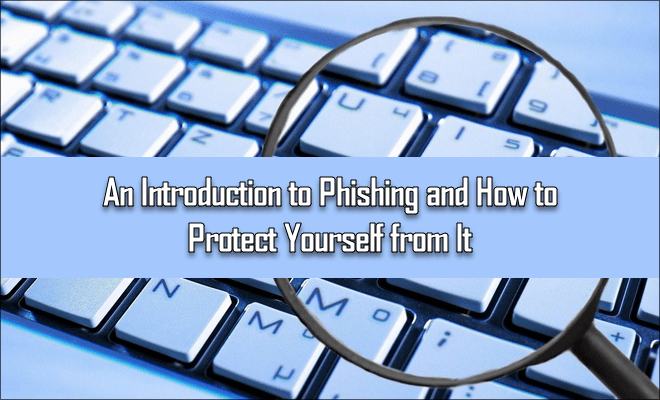Phishing is when cybercriminals pose as familiar people and send you messages in the hopes that you’ll disclose compromising information. The sender will often use social engineering and appear extremely sad, happy, or agitated to get you to act without thinking.
It’s one of the oldest scams in cyber history because its success doesn’t depend on technological expertise. All a hacker needs to do is fool you to get their way.They may pull that off by clone phishing, which is when cybercriminals replace links or attachments in your emails with malware-infected copies that grant them access to your system.
Cybercriminals also favor a method called spear phishing. This approach calls for tailoring messages to specific people to maximize the chances of them taking the bait. Imagine you deal with reimbursing employees for business expenses and receive an email from a name you recognize. Their reimbursement request is slightly large but not unreasonable.
Would you double-check before processing it? Common sense says yes, but nobody is perfect enough to catch every fraudulent message that comes their way. We can only do our best to stay diligent with proper phishing-prevention practices, such as the following three.
Take Advantage of VPNs
Before you fall for a phishing attack, why not prevent it by navigating the Internet anonymously through a Virtual Private Network? It’ll help you keep scammers away by spoofing your IP address, which masks your online activity, and by spoofing your location, which involves connecting your device to the Internet through a server often thousands of miles away.
Instead of bowing before cyberthreats, be proactive and ask yourself questions like how do I get a VPN so I can surf the web securely and throw scammers off my trail? You may just find answers that take your online security to the next level.
Reinforce Your Antivirus Protection
Another essential element to identifying phishing attacks is antivirus software that can detect them and highlight them—usually in bright red—before you have a chance to open them.
Antivirus companies like Malwarebytes that integrate machine learning and artificial intelligence into their software stand out as choice options. Their software not only learns from your activity patterns about how to protect you better, it can also anticipate attacks by matching their characteristics with internal threat databases.[adsense]
Use Your Detective Skills
Our last suggestion to counteract a phishing attack is to apply your detective skills to every online message you encounter. Consider the following tips and expand upon them with your colleagues.
- If you receive a message from IT to update a compromised password, confirm with them by phone or text before you answer.
- If you click on a link to an official bank, online retailer, or social service website, and the design looks a little off, navigate to the website in a new browser and compare before moving forward.
- If a message is riddled with misspellings, that should be a clear red flag that something suspicious is afoot.
As you can see, all it takes is a little common sense—plus a VPN-secured Internet connection and strong antivirus software on your side—to safeguard your precious data from those looking to exploit it.
Take the necessary steps to protect yourself today so you can go back to enjoying everything the Internet has to offer.



